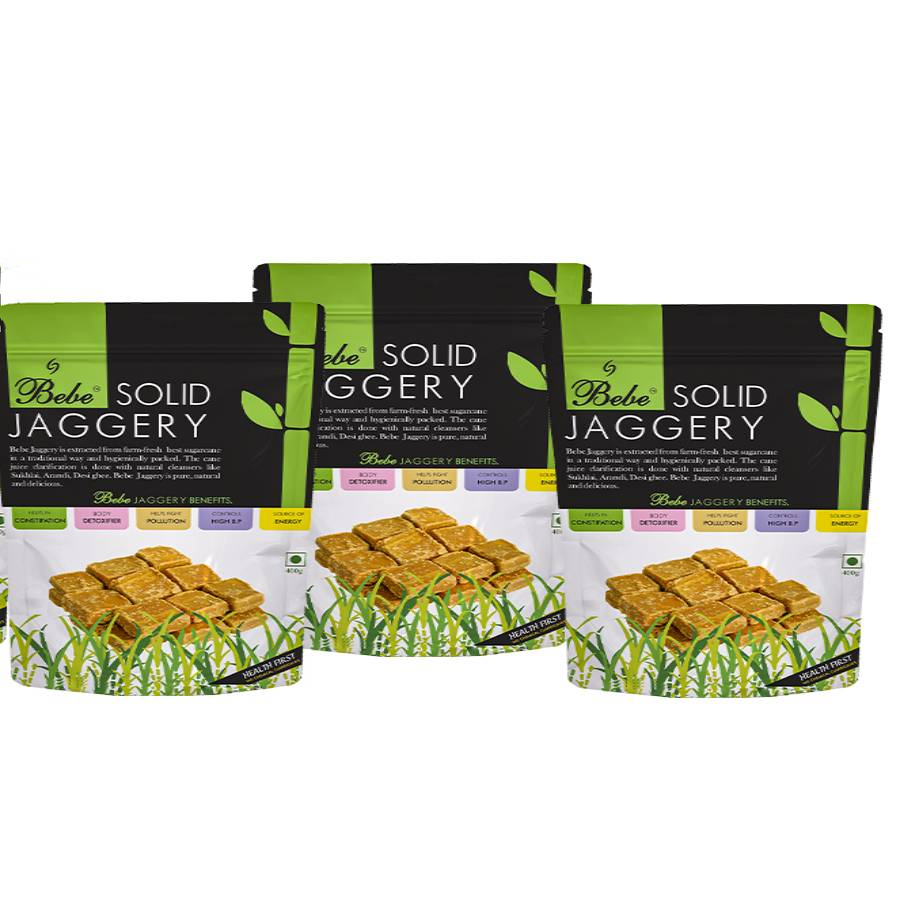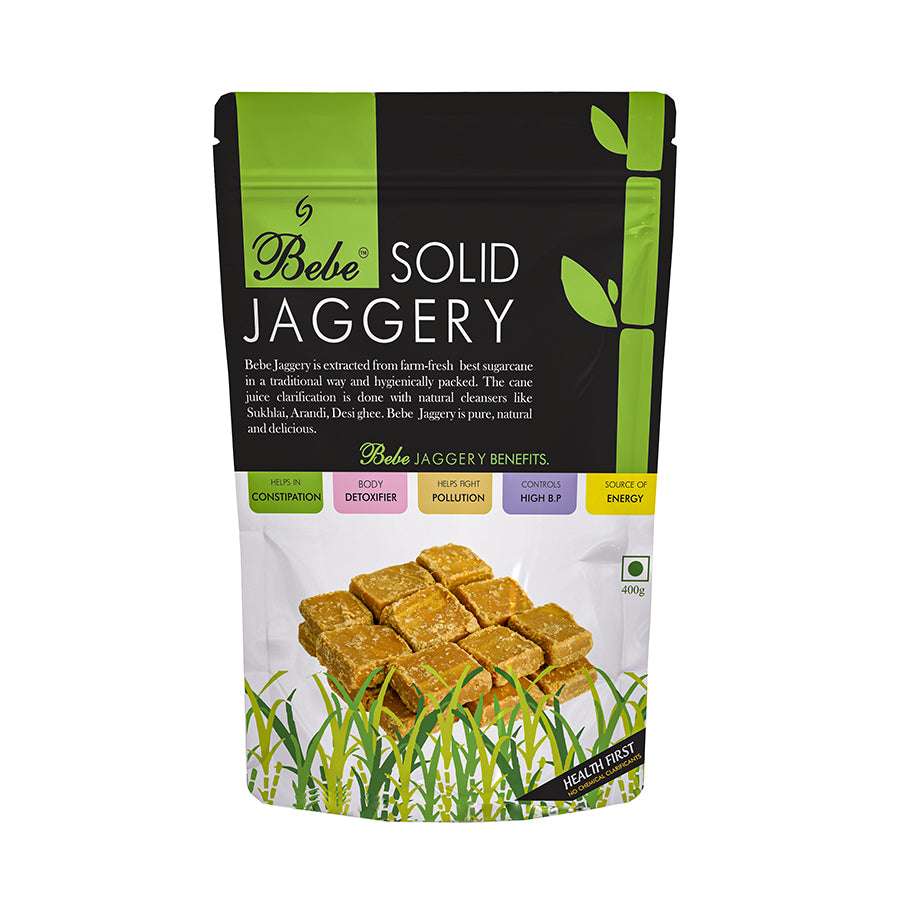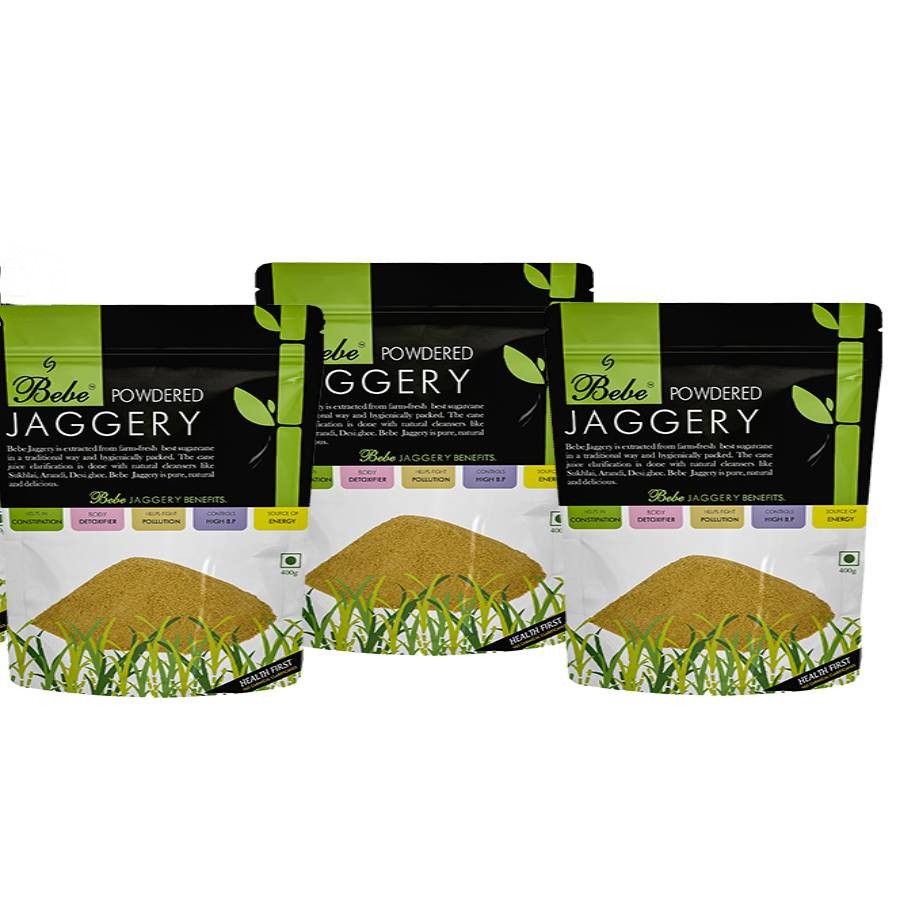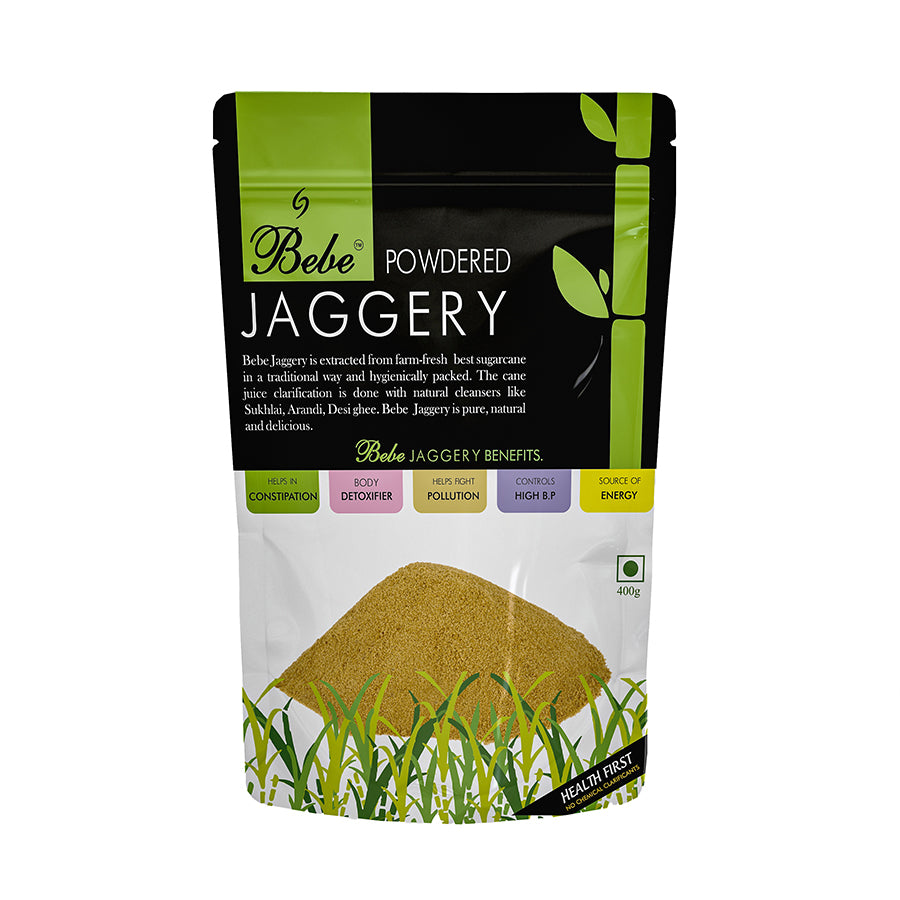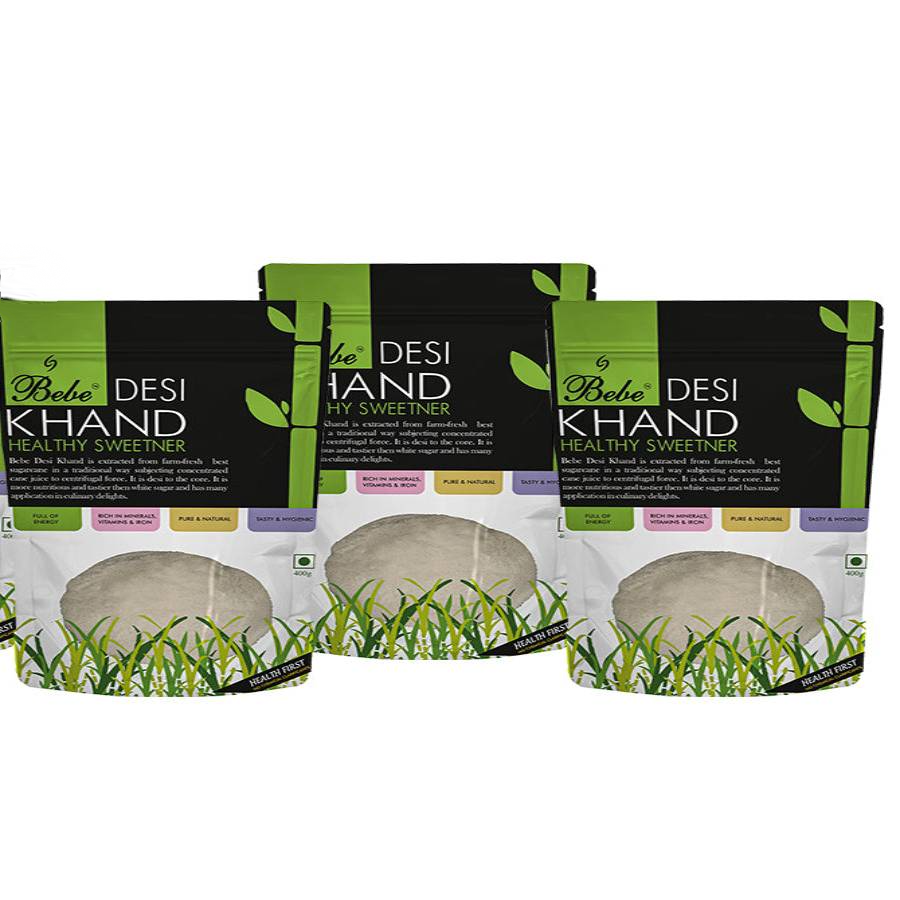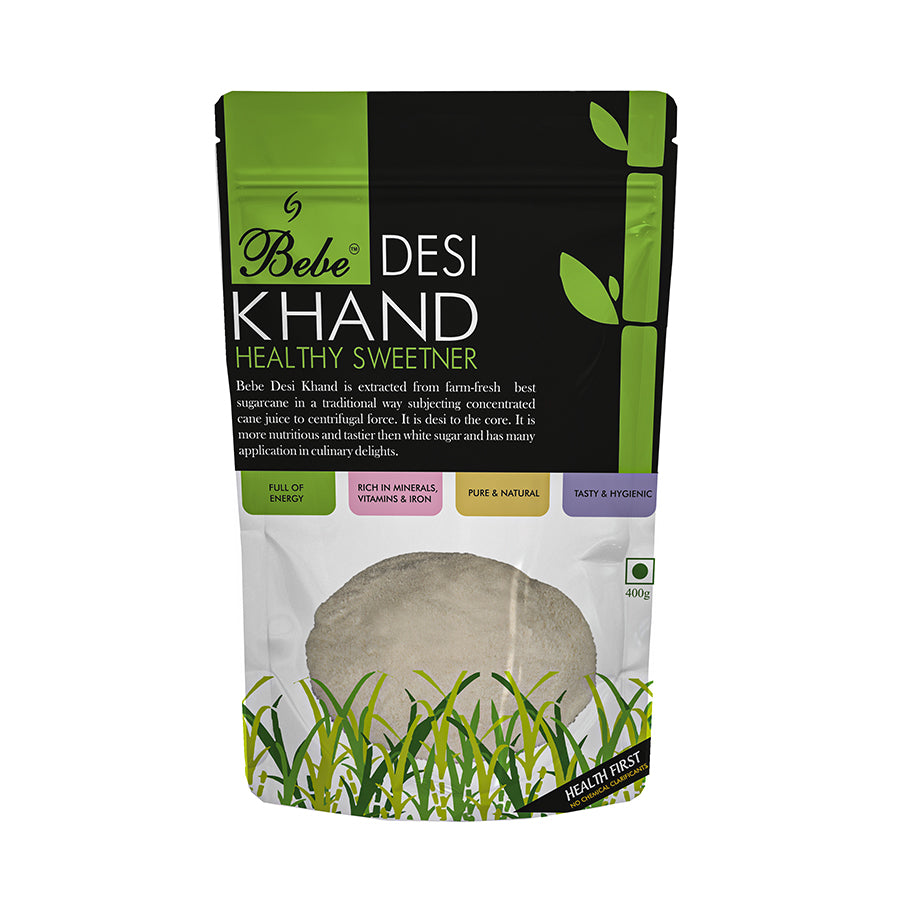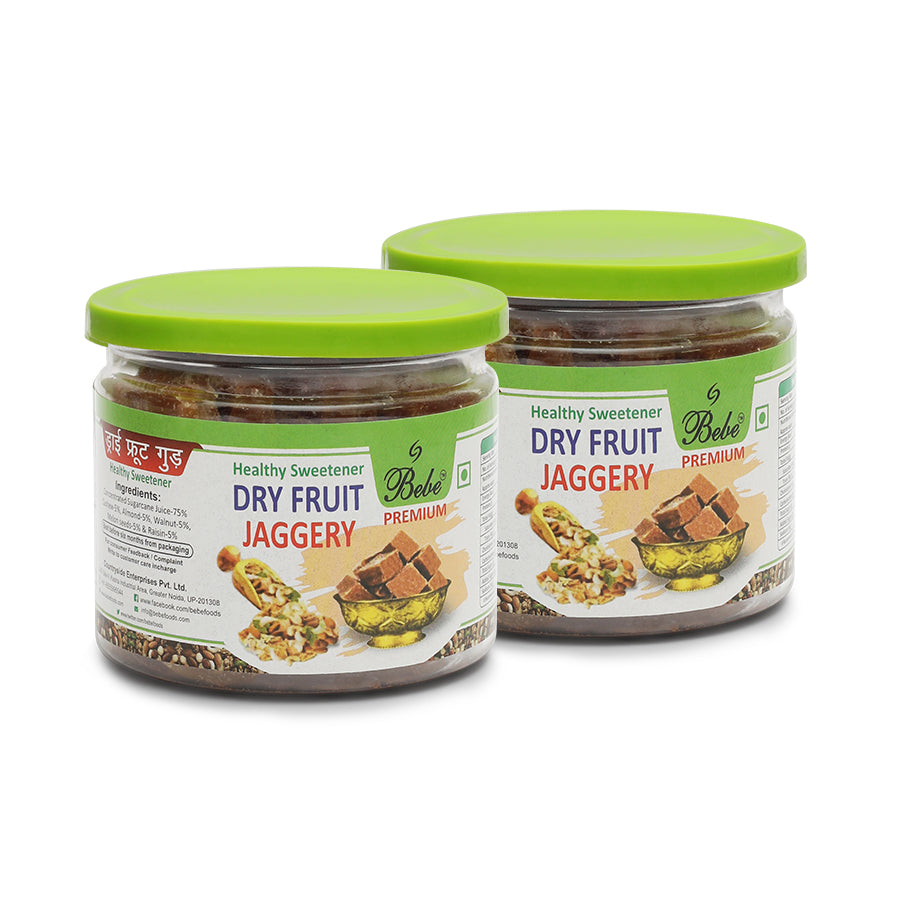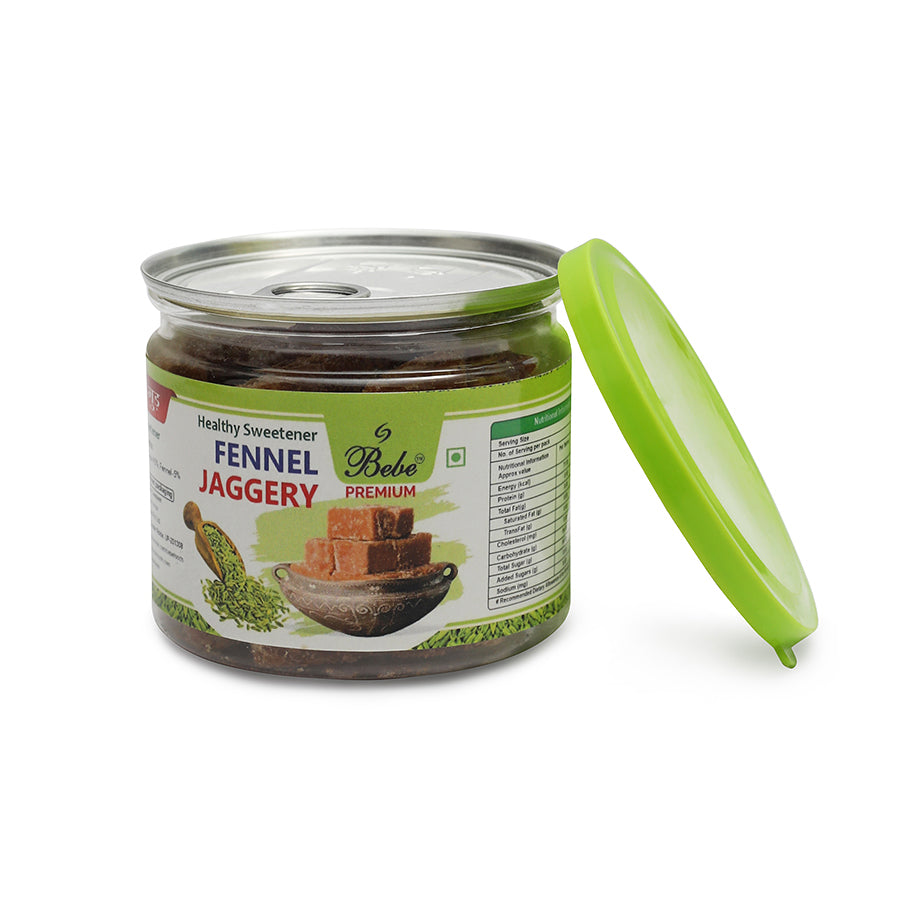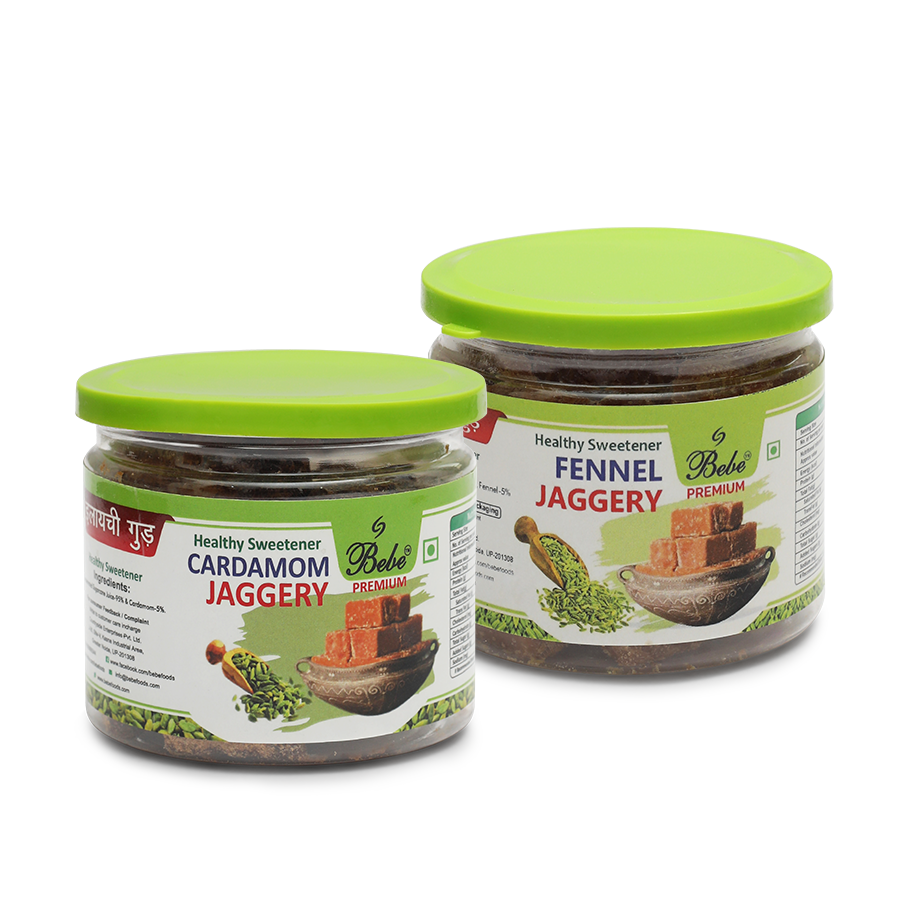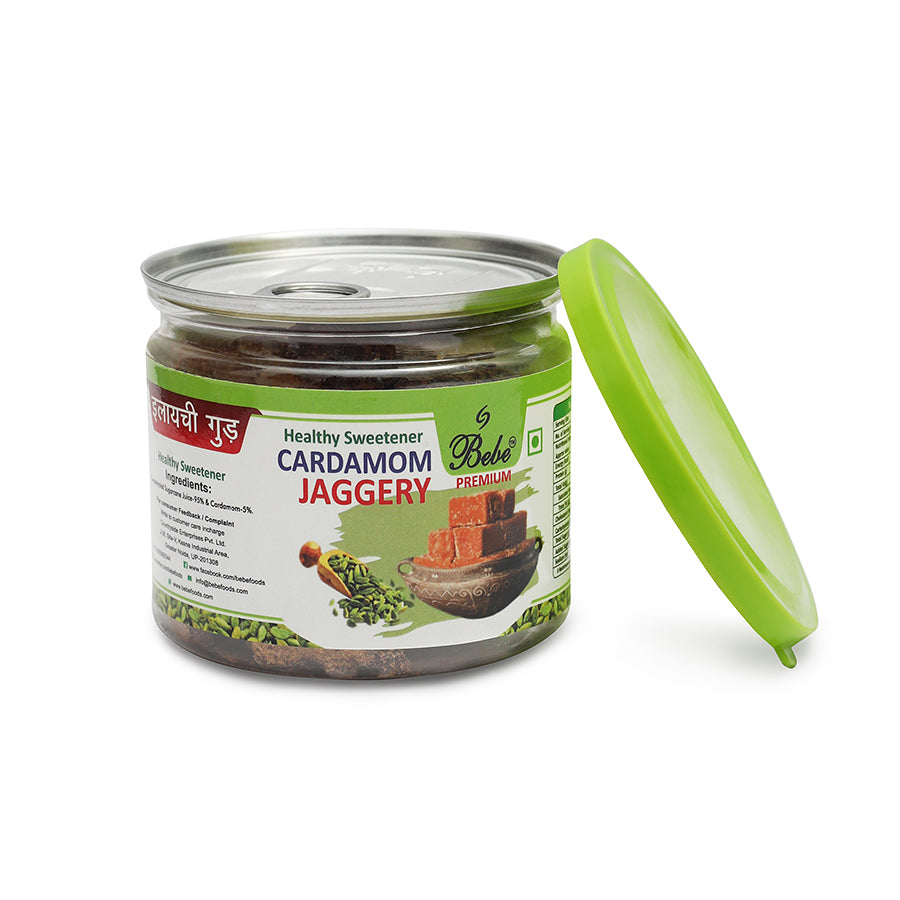
Jaggery Nutritional Value Per 100g: A Closer Look

Jaggery, often hailed as a healthier alternative to refined sugar, is not only a natural sweetener but also a rich source of essential nutrients.
Let's delve into the nutritional value of jaggery per 100 grams to understand the wealth of goodness it offers. In addition to Trusted Source calories, a 100 g serving of jaggery contains the following:
1. Calories: Jaggery is energy-dense, providing approximately 383 calories per 100 grams. This makes it a valuable source of quick energy for the body.
2. Carbohydrates: Jaggery primarily consists of carbohydrates, with around 97 grams per 100 grams. These carbohydrates are mainly in the form of sucrose, glucose, and fructose, offering a sweet taste and instant energy.
3. Sugars: With natural sugars being its primary component, jaggery contains approximately 65-85 grams of sugar per 100 grams. These sugars provide a quick energy boost without the rapid spikes and crashes associated with refined sugar.
4. Fiber: Unlike refined sugar, jaggery contains a significant amount of dietary fiber, with approximately 0.4 grams per 100 grams. Fiber aids digestion, promotes satiety, and helps regulate blood sugar levels.
5. Protein: While jaggery is not a significant source of protein, it still contains a small amount, with around 0.4 grams per 100 grams. Every bit of protein contributes to overall muscle repair and growth.
6. Fat: Jaggery is virtually fat-free, containing negligible amounts of fat per 100 grams. This makes it a suitable choice for those watching their fat intake.
7. Vitamins: Jaggery is a good source of various vitamins, including vitamin B1 (thiamine), vitamin B2 (riboflavin), vitamin B3 (niacin), and vitamin B6 (pyridoxine). These vitamins play crucial roles in energy metabolism, nerve function, and red blood cell production.
8. Minerals: Jaggery is rich in essential minerals, including iron, magnesium, potassium, and calcium. These minerals are vital for maintaining overall health, supporting functions such as oxygen transport, muscle contraction, and bone health.
9. Iron: Jaggery stands out as an excellent source of iron, with approximately 11 mg per 100 grams. Iron is essential for the production of hemoglobin, which carries oxygen to body tissues and prevents iron deficiency anemia.
10. Calcium: Jaggery contains a noteworthy amount of calcium, with approximately 85 mg per 100 grams. Calcium is crucial for maintaining strong bones and teeth, as well as supporting muscle function and nerve transmission.
11. Magnesium: With around 70 mg per 100 grams, jaggery provides a good dose of magnesium. Magnesium plays a key role in muscle and nerve function, energy metabolism, and bone health.
12. Potassium: Jaggery is a rich source of potassium, containing approximately 650 mg per 100 grams. Potassium helps regulate blood pressure, maintain fluid balance, and support heart health.
In conclusion, jaggery is not just a sweetener but a nutritional powerhouse packed with essential nutrients. With its rich array of carbohydrates, fiber, vitamins, and minerals, jaggery offers a natural and wholesome way to sweeten dishes while providing valuable health benefits. Incorporating jaggery into your diet in moderation can contribute to overall well-being and vitality.



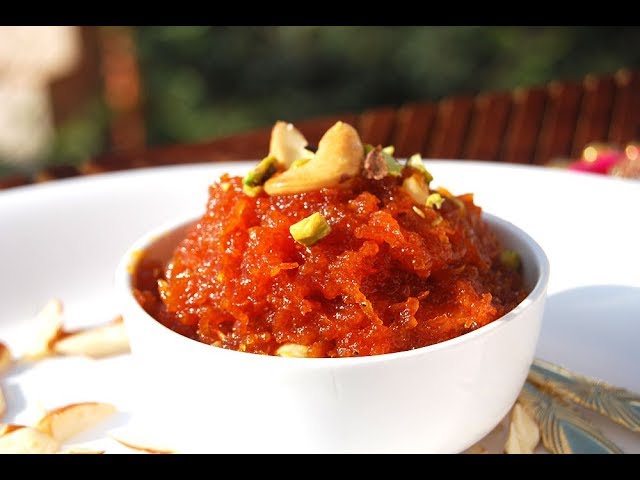


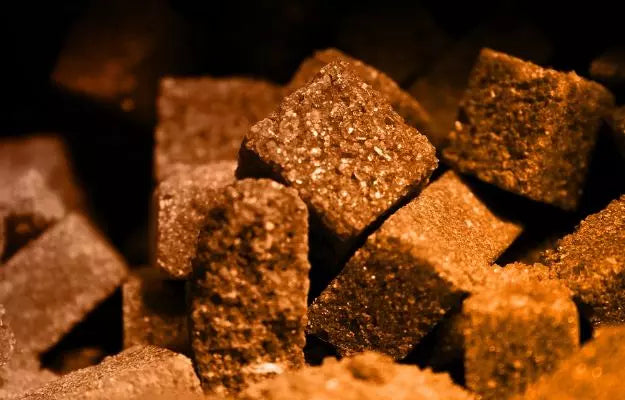

![Bebe Jaggery Sachets 600g, [150g x 4 packs]](http://bebefoods.com/cdn/shop/files/1.jpg?v=1717235899)
![Bebe Jaggery Sachets 600g, [150g x 4 packs]](http://bebefoods.com/cdn/shop/files/2.jpg?v=1717235899)
![Bebe khand Sachets 600g [150g x 4 packs]](http://bebefoods.com/cdn/shop/files/2_65987286-ab77-44db-9cae-69ac50e920a4.png?v=1750527284)
![Bebe khand Sachets 600g [150g x 4 packs]](http://bebefoods.com/cdn/shop/files/4_295f1632-1a69-4fcb-aa69-1172c2928b52.png?v=1750527252)
